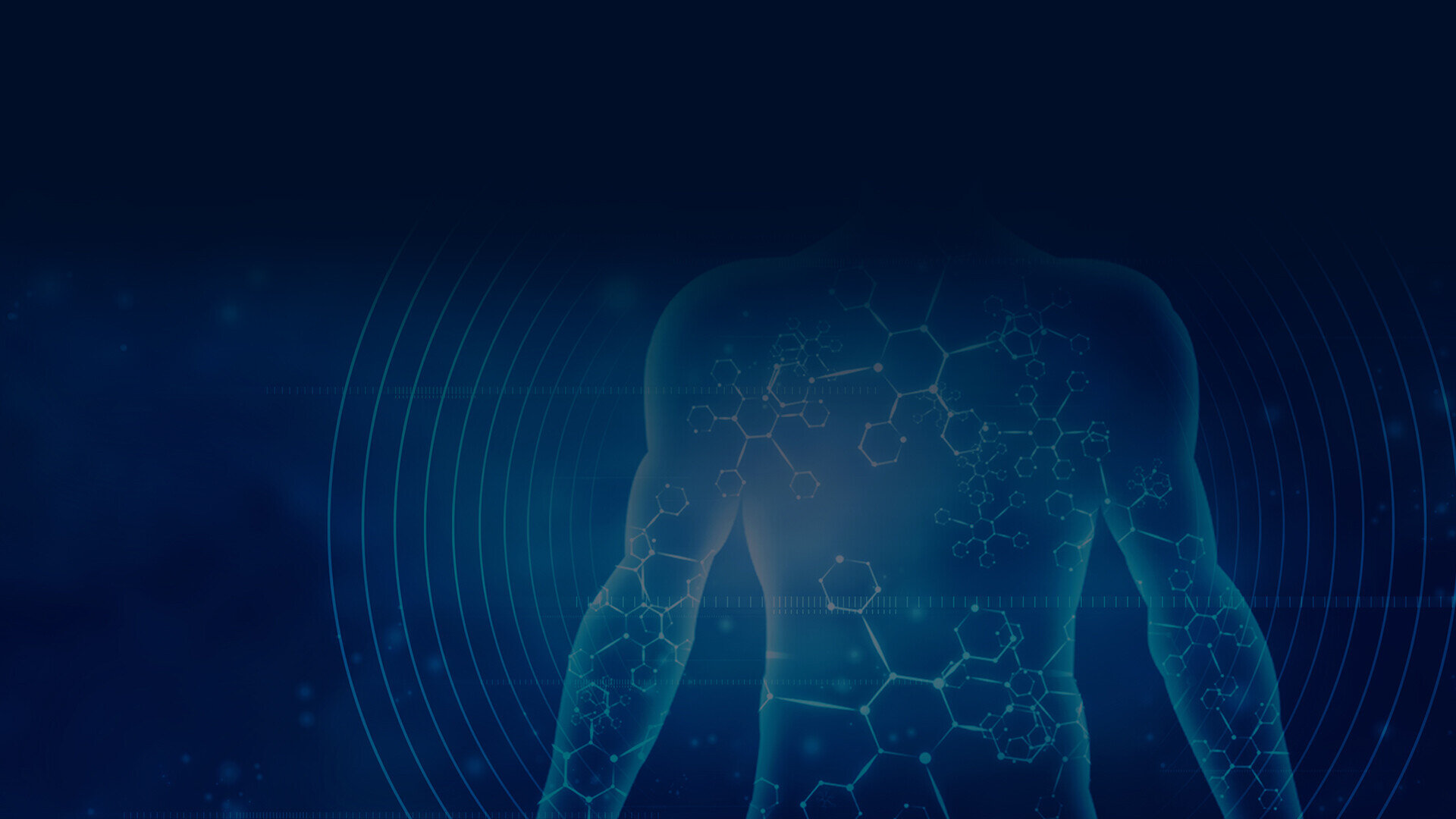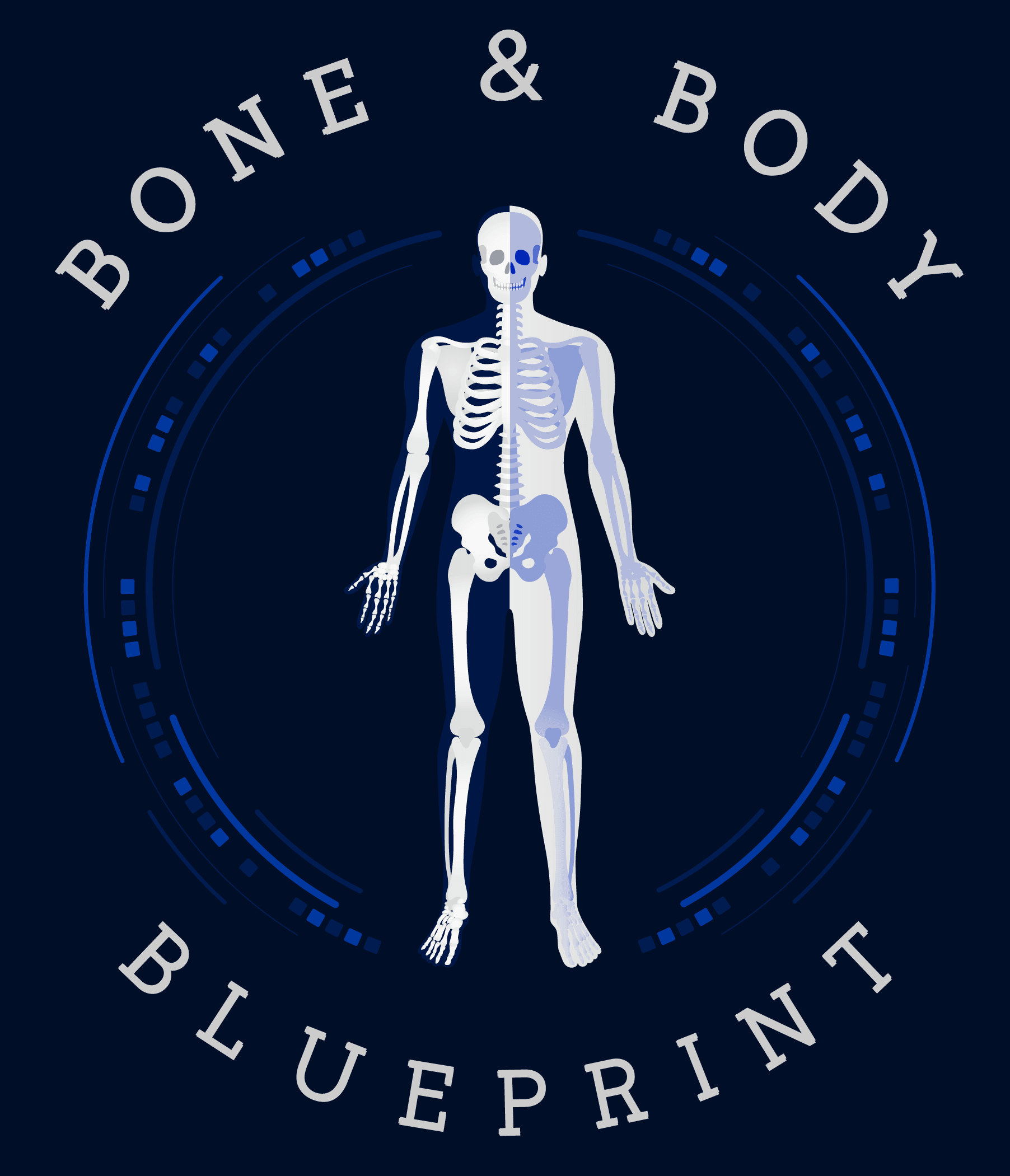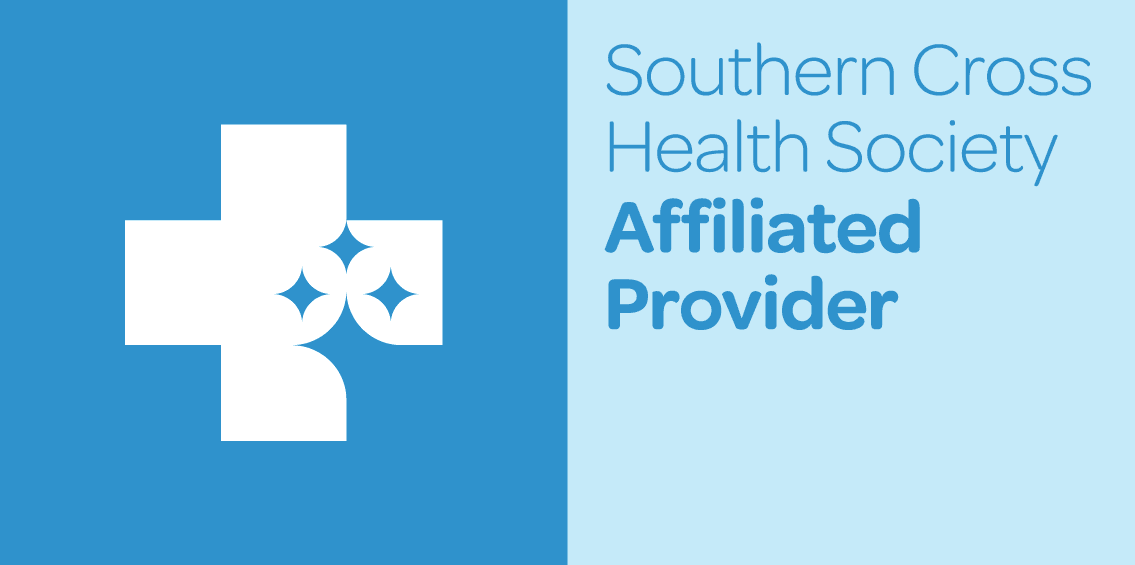What is a DXA (DEXA) Bone Density Scan?
Dual-Energy X-Ray Absorptiometry (DXA) is the gold standard in Bone Mineral Density measurement. The DXA scan determines how rich your bones are in minerals such as calcium and phosphorus; the higher the mineral content, the stronger your bones are.
How does it work?
The DXA bone density scan uses two low dose x-ray beams at differing energy levels to create images of your body, typically your hips, lower spine and wrist. Using the World Health Organisation’s (WHO) categories for bone strength, the DEXA scan provides a T-Score for your bones. This T-Score enables your doctor to evaluate your risk for fracture and osteoporosis in the future and advise diet and lifestyle choices, and prescribe medication if required.
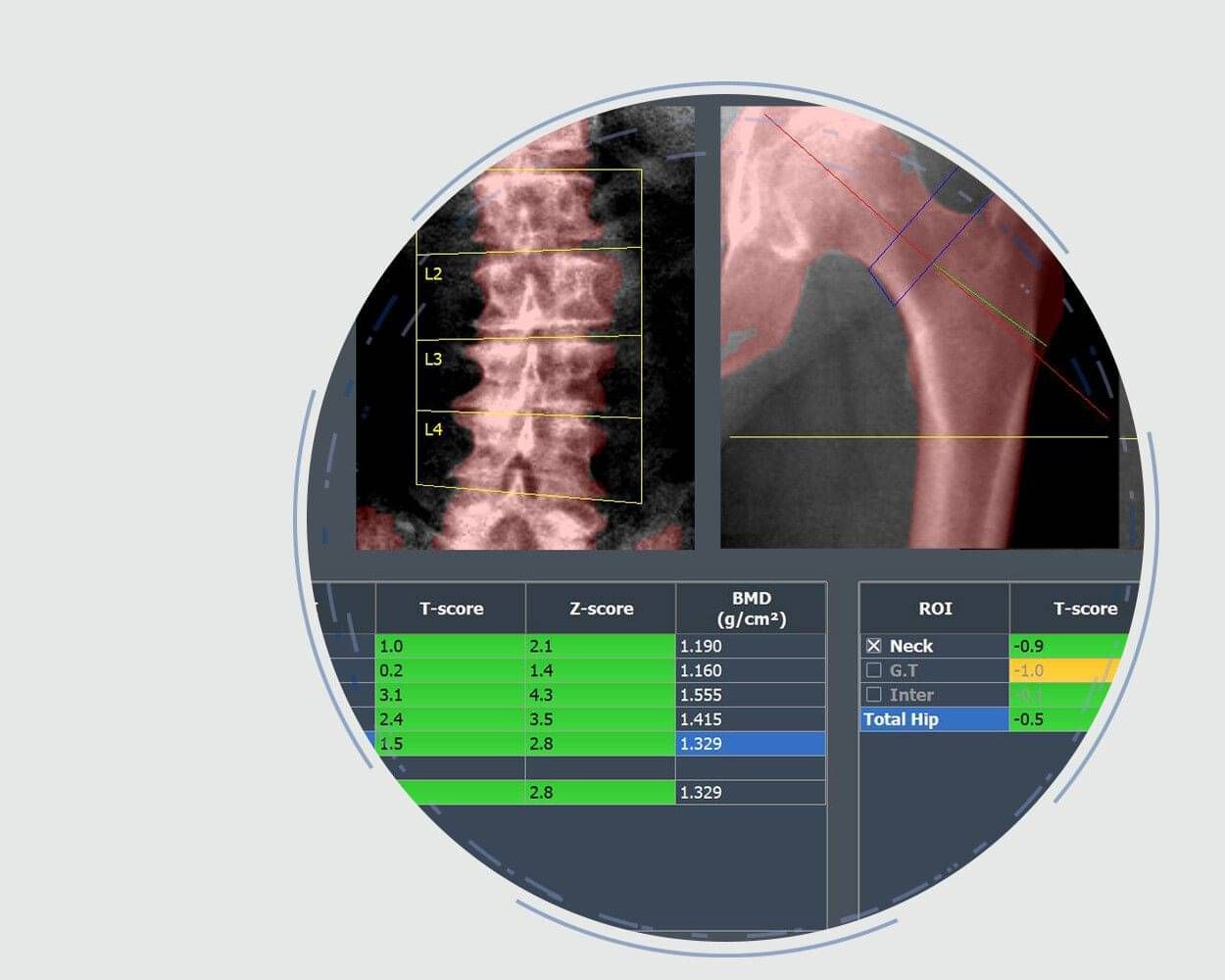
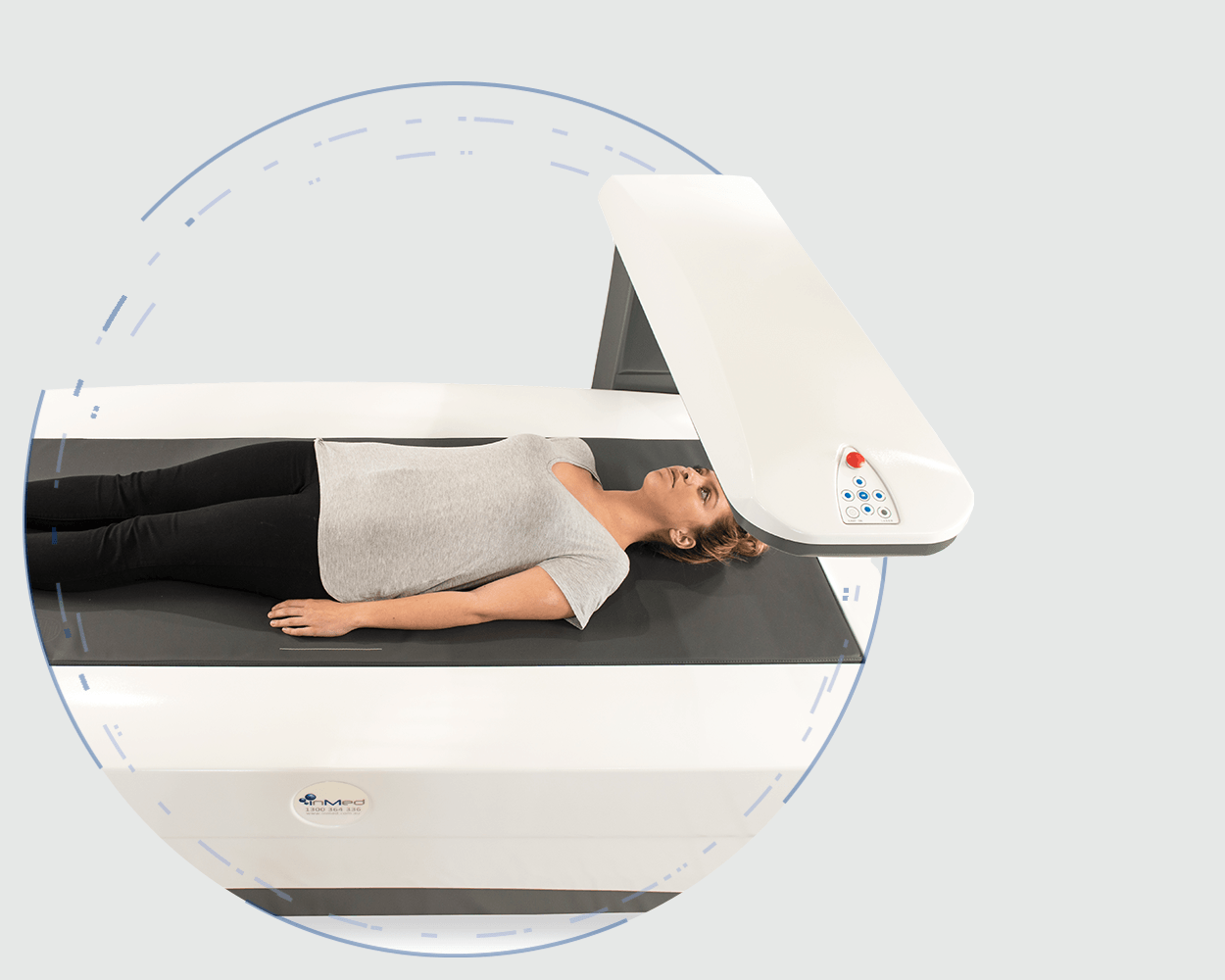
Who should get a Bone Density scan?
Talk to your doctor about your bone health if you have a family history of Osteoporosis, or if you have Coeliac Disease, Endocrine Disease, Thyroid Disease, Rheumatoid Arthritis or low levels of Vitamin D and Calcium.
Both males and females over the age of 50 with any of these risk factors may have low bone density.
- Suffered a broken bone from a seemingly minor bump or fall after their 50th birthday.
- Family history of Osteoporosis, broken hips, rapid weight loss or stooped backs.
What our clients say
"Great service & valuable information about my current health & potential future needs".
Dave
"Such a great experience with super friendly staff. Thank you".
Janet
Totally professional yet friendly, caring & very thorough. I highly recommend a visit...".
Julie
"Communications and follow-up has been first-class! Would highly recommend...".
Linda
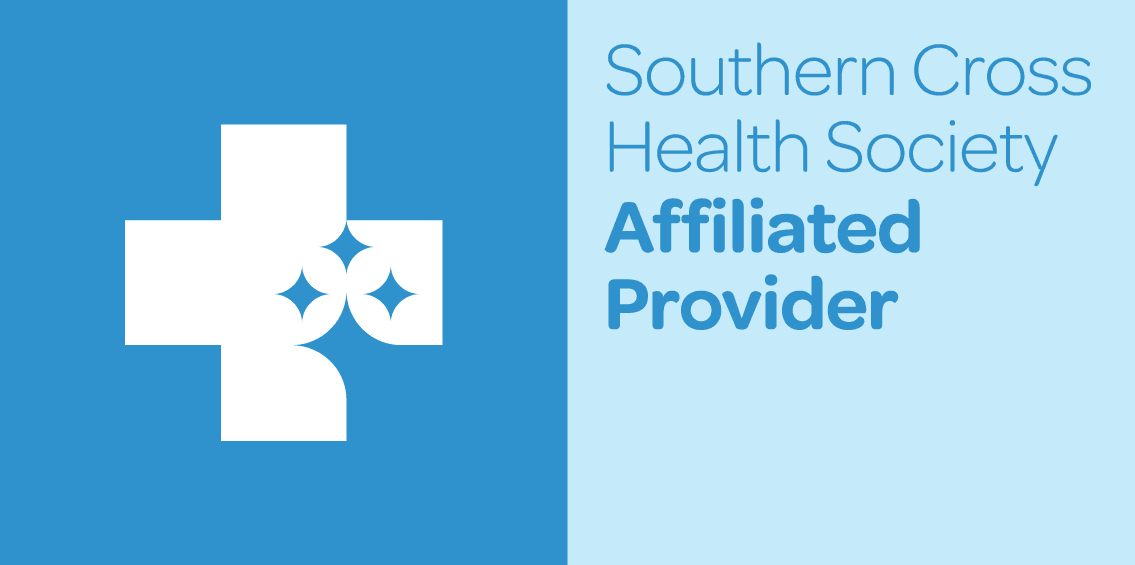
Bone and Body Blueprint is an Affiliated Provider to Southern Cross Health Society for Bone Density Scanning.
Strong bones are crucial to good health
If you are over 50 and have broken a bone from a minor fall or bump, talk to your doctor about osteoporosis and a bone health assessment.
Benefits of a DXA Bone Density Scan
Identify low bone density.
Help prevent osteoporosis.
Reduce risk of fractures.
Slow bone loss.
FAQs
-Is a DXA (DEXA) bone density scan safe?
A DXA scan is considered very safe due to being the lowest dosage from of any type of x-ray procedure. The radiation exposure is the equivalent to 1/70th of the background radiation you receive in everyday life.
- Who should get a Bone Mineral Density Test?
If you are over 50 and answer yes to any of these questions, you should talk to your doctor about your bone health:
- Do you have a family history of osteoporosis?
- Have you ever suffered a broken hip or recently broken a bone from a minor bump or fall?
- Do you have Coeliac disease?
- Do you suffer from Rheumatoid arthritis?
- Have you been taking steroid drugs for longer than 3 months, for example, for the treatment of asthma?
- For women: Have you reached an early menopause?
- For men: Do you have low testosterone levels?
- Do you have overactive thyroid or parathyroid conditions?
- Are you receiving treatment for breast or prostate cancer?
- Have you noticed you’ve lost 3cm or more in height?
- How much do bone density scans cost?
Please see our price-list here.
-How often should I have a bone density scan?
Depending on your risk factors, bone density scans can be repeated anywhere between 1-5 years.
-Do I need a doctors referral?
No. You can self-refer – simply contact us or book online here.
- What do I need to wear for a DXA scan?
It is best to wear loose-fitting, lightweight clothing free from metal, buckles and zips (avoid jeans if possible); although suitable clothing/cover-ups can be provided on the day if necessary. You will need to remove any metal before having a scan done (excluding surgical metal screws etc that cannot be removed, in which case you can still get a scan).
- Do I get my results straight away?
Bone Density results will be sent to your referring GP within 5-10 working days from your scan and a copy will be emailed to you as well.
-Can I have a DEXA scan if I am pregnant?
No.
